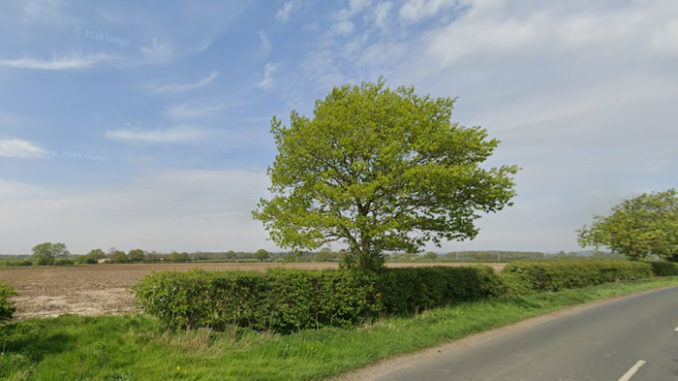
The debate over the relative importance of the country’s food security, domestic energy production and climate change has come into sharp relief as proposals for two nearby solar farms were met with contrasting decisions.
North Yorkshire councillors approved Pilmoor Solar’s plan to create a renewable energy farm across a 93.4-hectare site west of the A19 near Husthwaite and postponed a decision over Woolpots Solar Farm’s scheme for a 51-hectare solar farm near Raskelf, east of the A19, after hearing both schemes threatened food production.
The meeting came just weeks after Energy Secretary Ed Miliband sought to draw a line in the sand in the debate, stating “the biggest threat to nature and food security and to our rural communities is not solar panels or onshore wind; it is the climate crisis….”
Mr Miliband’s statement contrasted markedly with food security concerns highlighted by Thirsk and Malton MP Kevin Hollinrake, who has described siting solar farms on top-grade farmland as “bonkers”.
A meeting of the authority’s strategic planning committee saw developers of both schemes quote Mr Miliband’s view, with Woolpots Solar stating it would appeal to Government planning inspectors if its proposal was rejected.
Councillors were told the proposed schemes would provide a significant amount of decentralised electricity, helping reduce the UK’s reliance on imported fossil fuels and help the UK gain more control over its energy provision at a time of international conflicts.
The meeting heard there was an ongoing “scramble” for solar farm sites in the relatively sunny Hambleton area of North Yorkshire, which was nearing saturation point, and concerns raised by parish councils and residents over the cumulative landscape impact.
Residents said it represented the “industrialisation” of the countryside and that a “lazy solar sprawl” was being created.
However, councillors were told a main difference between the two schemes was the quality of the farmland that solar panels would be covering, with the majority of the proposed Husthwaite scheme being across best and most versatile agricultural land, while the Raskelf venture was on lower grade soil.
Councillors heard claims that the land would remain agriculturally productive, as sheep could graze below the panels questioned. A Husthwaite Parish Council spokesman said no sheep had ever been seen grazing at nearby soar farms, partly due to the quality of land left after construction
Elected members then debated whether locally farmed sheep, including a cross between mules and Texels as well as Swaledale sheep, were too large to graze under the solar panels, leading to a call for sheep to be measured to settle the concerns.
Conservative councillor John Mann said with the UK importing 46 per cent of its food and food production set to decline with climate change, the public benefits of the schemes needed to be called into question.
However, Labour councillor Eric Broadbent described the food security concerns as a “red herring”, stating British people would not starve as a result of solar farms.
Nevertheless, councillors said while the landscape impact of the Raskelf scheme could be mitigated, unless action was taken to better screen the Husthwaite venture it would “look like a prison or an airport”, surrounded by miles of security fencing.


Be the first to comment